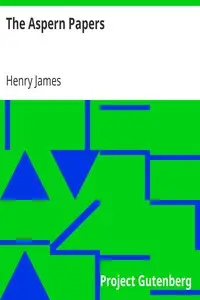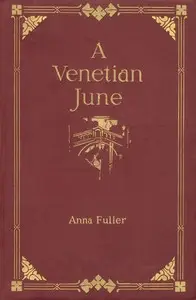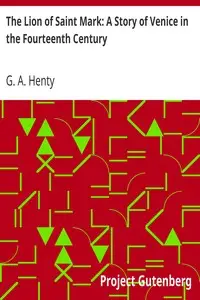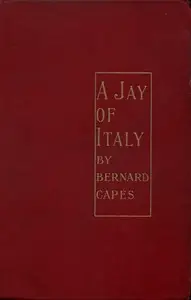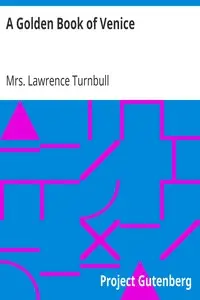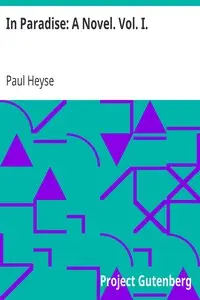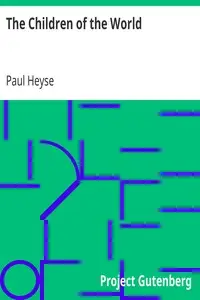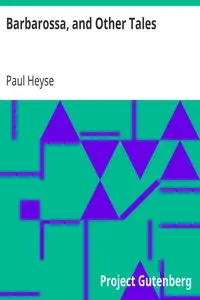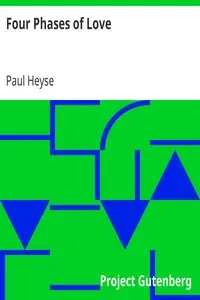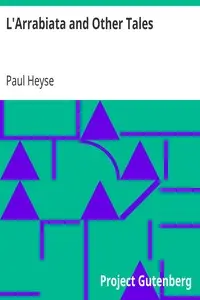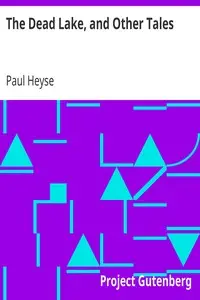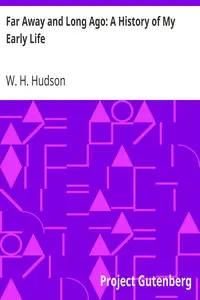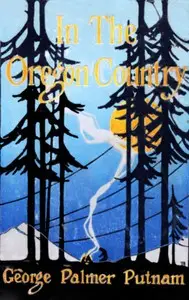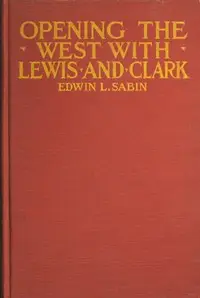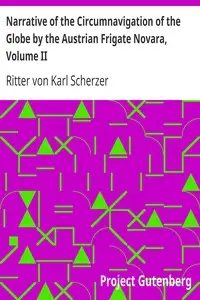"Andrea Delfin" by Paul Heyse is a story that takes place in 18th-century Venice and tells about Andrea Delfin, a tired law clerk running from something, who finds a place to stay with Giovanna Danieli, a widow. The plot walks a fine line between love story and mystery since the characters have secrets, all while being watched by the government of Venice. We learn that Andrea might be more than just a clerk, and he seems to have hidden reasons for being in Venice, which we figure out through his tired attitude and his strange talks about what's going on in the government. Giovanna's young daughter, Marietta, brings some youth and wonder to the story, but the tensions within Venetian society show that there's political danger around and that Andrea has goals he's keeping secret.
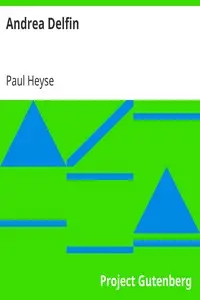
Andrea Delfin
By Paul Heyse
In old Venice, a mysterious clerk hides from his past with a widow and her daughter, while dangerous secrets lurk in the shadows.
Summary
About the AuthorPaul Johann Ludwig von Heyse was a German writer and translator. A member of two important literary societies, the Tunnel über der Spree in Berlin and Die Krokodile in Munich, he wrote novels, poetry, 177 short stories, and about sixty dramas. The sum of Heyse's many and varied productions made him a dominant figure among German men of letters. He was awarded the 1910 Nobel Prize in Literature "as a tribute to the consummate artistry, permeated with idealism, which he has demonstrated during his long productive career as a lyric poet, dramatist, novelist and writer of world-renowned short stories." Wirsen, one of the Nobel judges, said that "Germany has not had a greater literary genius since Goethe." Heyse is the fifth oldest laureate in literature, after Alice Munro, Jaroslav Seifert, Theodor Mommsen and Doris Lessing.
Paul Johann Ludwig von Heyse was a German writer and translator. A member of two important literary societies, the Tunnel über der Spree in Berlin and Die Krokodile in Munich, he wrote novels, poetry, 177 short stories, and about sixty dramas. The sum of Heyse's many and varied productions made him a dominant figure among German men of letters. He was awarded the 1910 Nobel Prize in Literature "as a tribute to the consummate artistry, permeated with idealism, which he has demonstrated during his long productive career as a lyric poet, dramatist, novelist and writer of world-renowned short stories." Wirsen, one of the Nobel judges, said that "Germany has not had a greater literary genius since Goethe." Heyse is the fifth oldest laureate in literature, after Alice Munro, Jaroslav Seifert, Theodor Mommsen and Doris Lessing.

